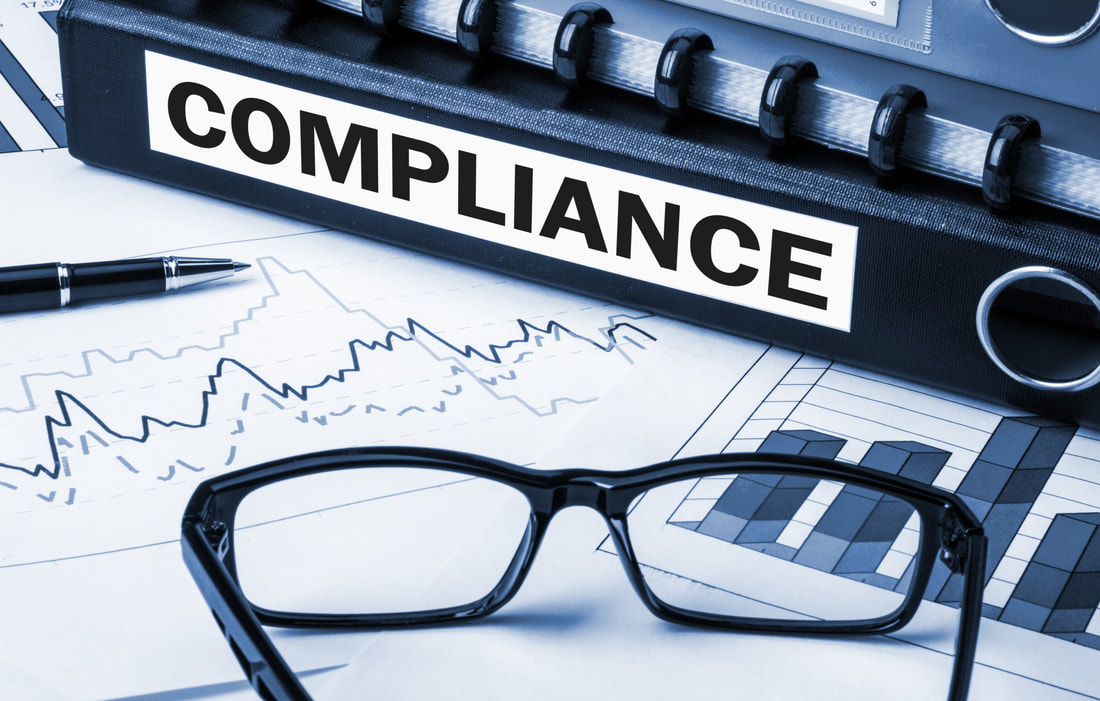 Data compliance is the governance structure that ensures an organization's data is protected and managed to prevent it from loss, theft or misuse. It involves establishing policies, procedures and protocols that protect data from malware and other cybersecurity threats. The regulations that govern data compliance typically include industry standards, state or federal laws and supra-national regulations like the General Data Protection Regulation (GDPR). They will usually spell out what type of data must be protected and how the firm should be handling it. You can get to know what is required in data compliance, in this page. Keeping up with data compliance rules is crucial for any business, as it can lead to fines and reputational damage if they're caught out. It also helps to avoid the risk of a data breach, which can cost millions of dollars in fines and damages. Aside from regulations, organizations need to be vigilant with vendors that have access to their sensitive information. This is because they may have to vet those companies and require them to abide by the standards that they have set for their own security practices. Modern technology is a great tool for ensuring data compliance, as it can help to identify and eliminate any potential risks to your organization's sensitive information. It can also help you to audit and encrypt your company's data storage and databases, which will greatly reduce the chances of a data breach or other security issue. One of the most important things to keep in mind when implementing data compliance is that it's not just about setting up systems and processes, but about making sure your employees understand them. The best way to do this is by providing training for your team members. Customized training for your staff will be able to address any issues that could arise with data compliance, preventing them from becoming a liability for your business. This will also give you the peace of mind that your team is aware of what is required and can easily demonstrate their compliance to internal and external auditors. Another important component of data compliance is creating an organizational culture that prioritizes data security and privacy. This includes identifying who has access to what, when and how. The organization's policies must clearly define who is responsible for the handling of data, when and where it is stored and how it is accessed. It should also have a plan for how to report and recover from a data breach. It should also have clear documentation of all processes that are used to manage and store data. This should be accessible to everyone who needs it, and can easily be verified through uncompromised reports. Click here to get more knowledge when using data compliance. Finally, it should be a process that is regularly reviewed and updated. As data continues to evolve and new legislation is enacted, it's essential that companies stay up to date with changes in the law. Using a laboratory information management system (LIMS) or electronic laboratory notebook (ELN) that is designed to be compliant will help to keep you up to speed with your data compliance requirements. These systems can automatically incorporate all of the main regulatory bodies and keep your lab on track. Check out this related post to get more enlightened on the topic: https://en.wikipedia.org/wiki/Information_privacy.click here
0 Comments
Leave a Reply. |
AuthorWrite something about yourself. No need to be fancy, just an overview. ArchivesCategories |
 RSS Feed
RSS Feed
